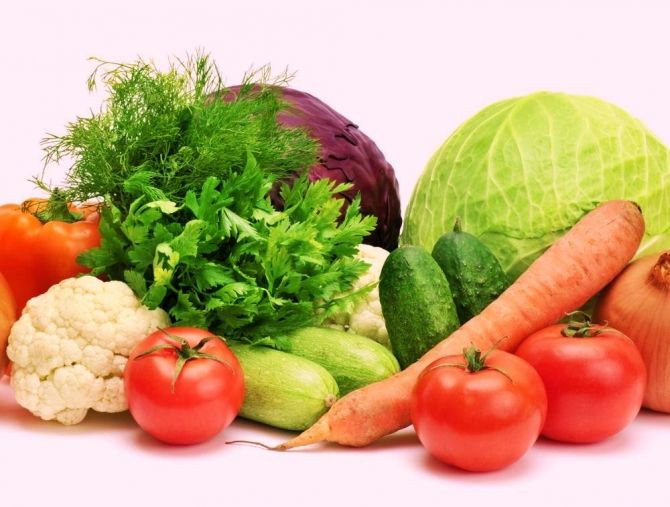Community Garden Weight Loss: Gardeners Have Better Weight Than Neighbors And Siblings

Working in a community garden could mean the difference between obesity and healthy weight, a new study suggests.
Researchers culled measurements of body fat and weight from community gardeners and non-gardeners and found that the gardners weighed less than their non-farming neighbors. It wasn't just luck of the draw, either; gardners were shown to have a lower body-mass index than their non-gardening siblings.
"It has been shown previously that community gardens can provide a variety of social and nutritional benefits to neighborhoods," Cathleen Zick, lead author of the study and a professor of family and consumer studies at the University of Utah, said in a release. "But until now, we did not have data to show a measurable health benefit for those who use the gardens."
Researchers gathered 198 community gardeners, men and women, from Salt Lake City, Utah and measured their body-mass index, BMI based on their height and weight. According to recent Centers for Disease Control and Prevention data, Utah is the 45th most obese state in the United States with 24.4 percent over the official obesity level.
When comparing their proportions to non-gardeners, they found that the likelihood of being overweight or obese is 62 percent lower for males and 46 percent lower for females who do community gardening. There were also no BMI differences or likelihood of being overweight in spouses, suggesting that couples would do gardening together.
Specifically, the gardening men weighed 16 pounds less while the women weighed 11 pounds less compared to their neighbors. What's also more convincing was that the gardeners had a lower BMI than their same sex siblings.
Researchers are saying this was no coincidence — a community garden is a way for individuals to lead healthier lifestyles and choose healthier food options. But they're also addressing that the results go beyond the consumption of more fruits and vegetables.
"That could be of interest to urban planners, public health officials, and others focused on designing new neighborhoods and revitalizing old ones," Zick said.
While banding together to start a community garden sounds thrilling, it's the painstaking labor, costs, and hours that concern some people the most.
If you are worried that you don't have a green thumb, experts recommend you could save by home-growing seeds indoors and transplanting the best outdoors. Start out with square-foot gardening and growing vegetables that you would need.
Also, Kitchen Daily gathered a list of 10 easiest grown vegetables that could give your gardening a promising head-start.
1. Bush beans
2. Peas
3. Tomatoes
4. Herbs
5. Peppers
6. Radishes
7. Cucumbers
8. Squash
9. Lettuces
10 . Potatoes
This study's findings were published in the American Journal of Public Health.
Published by Medicaldaily.com



























